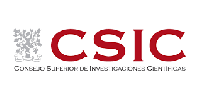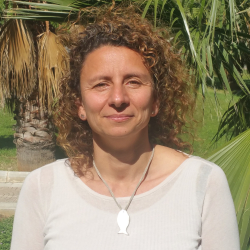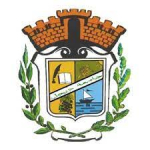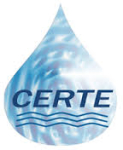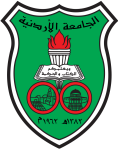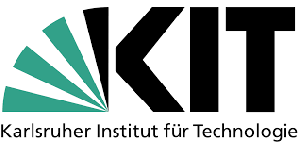1. Designing new modelling routines for determining the basic components of the water cycle, including economic, social and technical aspects (e.g. groundwater accumulation storage and recharge) and for forecasting droughts.
INWAT will design and apply new modelling routines in the areas of pollution (WP1), hydrology (WP2), ecology (WP3), and ecosystem services (WP4) for temporary waterways. These will enable water managers to better predict and manage hydrological extremes and their consequences on water quantity and quality, as well as on biodiversity and ecosystem services. The decision support system developed in WP4 will provide water manager with a tailor-made tool for linking process-based spatially explicit models, GIS-based biophysical and socioeconomic information, expert knowledge and practitioner’s needs. It will allow for the evaluation of the effects of management actions on multiple benefits, thus assessing trade-offs among services, ecological status and water quantity and quality issues.
2. Mitigating pollution processes by better assessing water management policies and the impact of anthropogenic activities.
The decision support system developed in WP4 will take into account the water management policies and governance structures of the various involved countries. This will be ensured by the close involvement of stakeholders, who will co-develop the decision support system for the case-study basins, thus enabling a swift implementation into practice. INWAT will cover all components of the Driver-Pressure-State-Impact-Response (DPSIR) chain, thus linking human water uses to pollution and hydrological changes, alterations of the rivers’ physico-chemistry and biology to possible mitigation and restoration measures. Uniform guidelines for basin management with temporary waterways among the Mediterranean countries do still not exist and these are required for better and better comparable management policies. For instance, few national guidelines in non-EU countries focus on risks from pathogens together with heavy metals, while organic microcontaminants have been largely overlooked. Establishing common guidelines for the management of temporary waterways with a large proportion of temporary waterways connecting various components of water quality and water quantity will be a major contribution of the INWAT project.
3. A reduction in the risk of saline intrusion and improved management of salt accumulation in overexploited underground water bodies.
INWAT approach: Seawater intrusion is a relevant pressure in various case study basins, e.g. in the Riera de Llançà, and will be addressed in the monitoring methods of physico-chemistry and biology. Diatoms, as an indicator group specifically responding to salinization, have been included into WP3 to account for seawater intrusion pressures.




